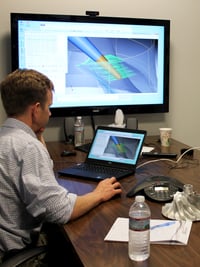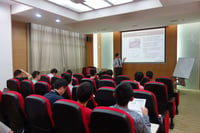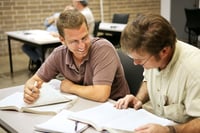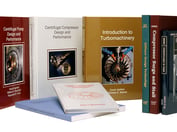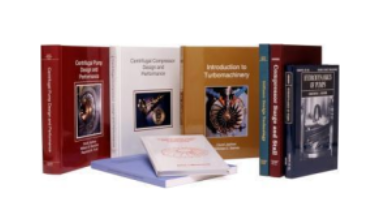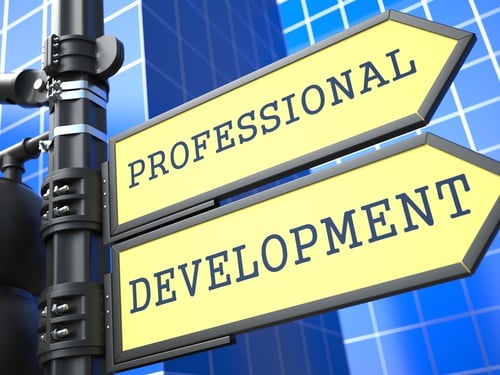Turbomachinery Training
We offer professional development courses in the latest technologies, taught by seasoned industry experts.
Concepts NREC has developed a slate of exceptional advanced design courses for turbines, compressors, pumps and turbochargers. Registration is open to the public, and targeted to students and professionals in the turbomachinery industry.
Software Workshops
Design and Manufacturing Software Training is provided through our Customer Support Center as a combination of product-specific, self-guided video lectures complimented by optional workshop time with Concepts NREC technical staff.
If you would like to request access to the self-guided materials or one-on-one workshop training, please email support@conceptsnrec.com.
